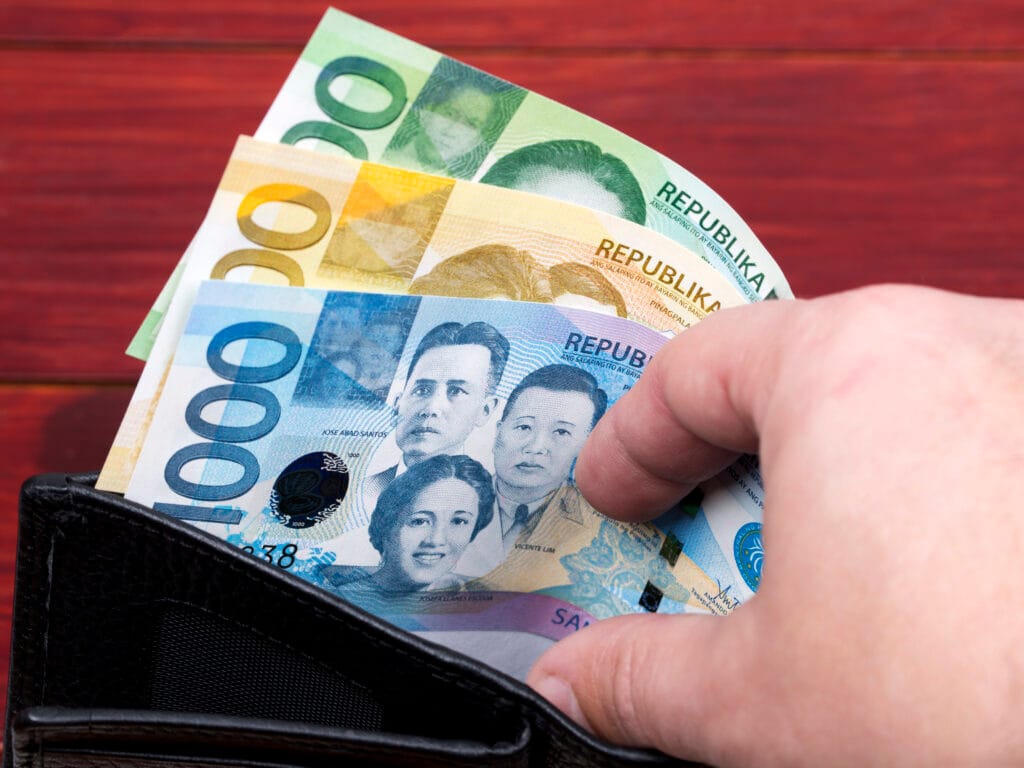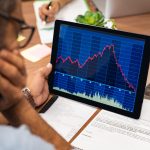By Christopher Cervantes, RFP

REYNOLD owned businesses; he was happy that his companies are thriving despite the coronavirus disease 2019 (Covid-19) pandemic that is happening. He was smiling while contemplating how blessed he was compared to his other business colleagues. Until one day, Reynold woke up shivering and coughing profusely. He got nervous when he noticed he lost his taste for the food. He was rushed to an expensive private hospital and was tested positive for Covid-19. His family assured the hospital that they are willing to spend everything to save their breadwinner. Unfortunately, after three weeks of a battle against the virus, Reynold died due to numerous complications aggravated by his pre-existing medical condition.
As the saying goes, money can’t buy everything; this is certainly proven to be true since last year because of this pandemic. However, many ordinary people seem to be struggling to survive not only in terms of health but also financially. But many middle-class people still could increase their household savings and disposable income due to the restriction of movement and spending. They are not spending any more on gyms, cafes, hotels, and restaurants as they used to do. Travel is restricted, and hosting and attending parties are not allowed.
The rate of depression and anxiety are up, although many households have more savings than usual. Many people like Reynold, who have enough money to pay for their hospital bills and buy medicine, still died helplessly. People who were indoctrinated about the concept of financial freedom, that they can do whatever they want to do whenever they want to, started shifting their perspective that money is not the be-all and end-all but simply a tool.
Even the most powerful and wealthy countries in the world were not spared. In terms of best performance in controlling the virus, China, Indonesia, and Turkey rank higher compared to many rich countries like the US, UK, and France.
With that, when you ask people how they will define wealth, many now will say that it is equated with happiness and personal success rather than money.
One of my clients in the financial coaching program told me that he is thinking of using his money to invest in the things he cares about, the biggest of which is his family.
People who make more money were more likely to experience happiness because of their accomplishments but not directly because of money. Now that we do not see our situation a month or a year from now, they were starting to lose hope and drastically change their worldview about success and money.
Successful people fully understand that money can’t buy happiness, but they know they can afford equal enjoyment. The problem now is no one knows how to purchase absolute protection against the virus, and that makes it scary.
For the last few months since the onset of this pandemic, my coaching session with the clients started to shift from money management to emotional management. People notice, hear more, and read more news and interpret that in a threatening way. But I keep on reminding them that it’s human nature to respond to threats so that we can protect ourselves. All of us are hoping and praying to survive this pandemic, and if God gave you that chance and failed to prepare for life after the covid for sure, you will struggle with another set of fear.
After Yolanda hit Tacloban in 2013, killing 6,300, injuring 28,688 people, and 1,062 were missing, many survivors refused to go back into their homes, choosing instead to live in the evacuation center. But some believe that when people are encouraged to go back to their homes, they recovered quickly.
Indeed, money can’t buy everything, but it can sure buy some protection against financial losses. We’ve lost many lives already due to this virus, but there is a massive difference between people who could prepare financially and people who have no financial protection when this thing happens to them.
Fear is a normal reaction to danger. We cannot control what we are fearful of, but we can control how we react against our fear. The threat is looming but somehow, we will continue to believe in our financial goals, dreams, and hope. We could have some ways to deviate our attention instead of focusing on things that we don’t have control over. I loved it when one of my clients said, “I need to think about my financial goals this time.” For him, the pandemic is a wake-up call. But to those who got through it fine, maybe it’s about time to start thinking about what is next for you.







